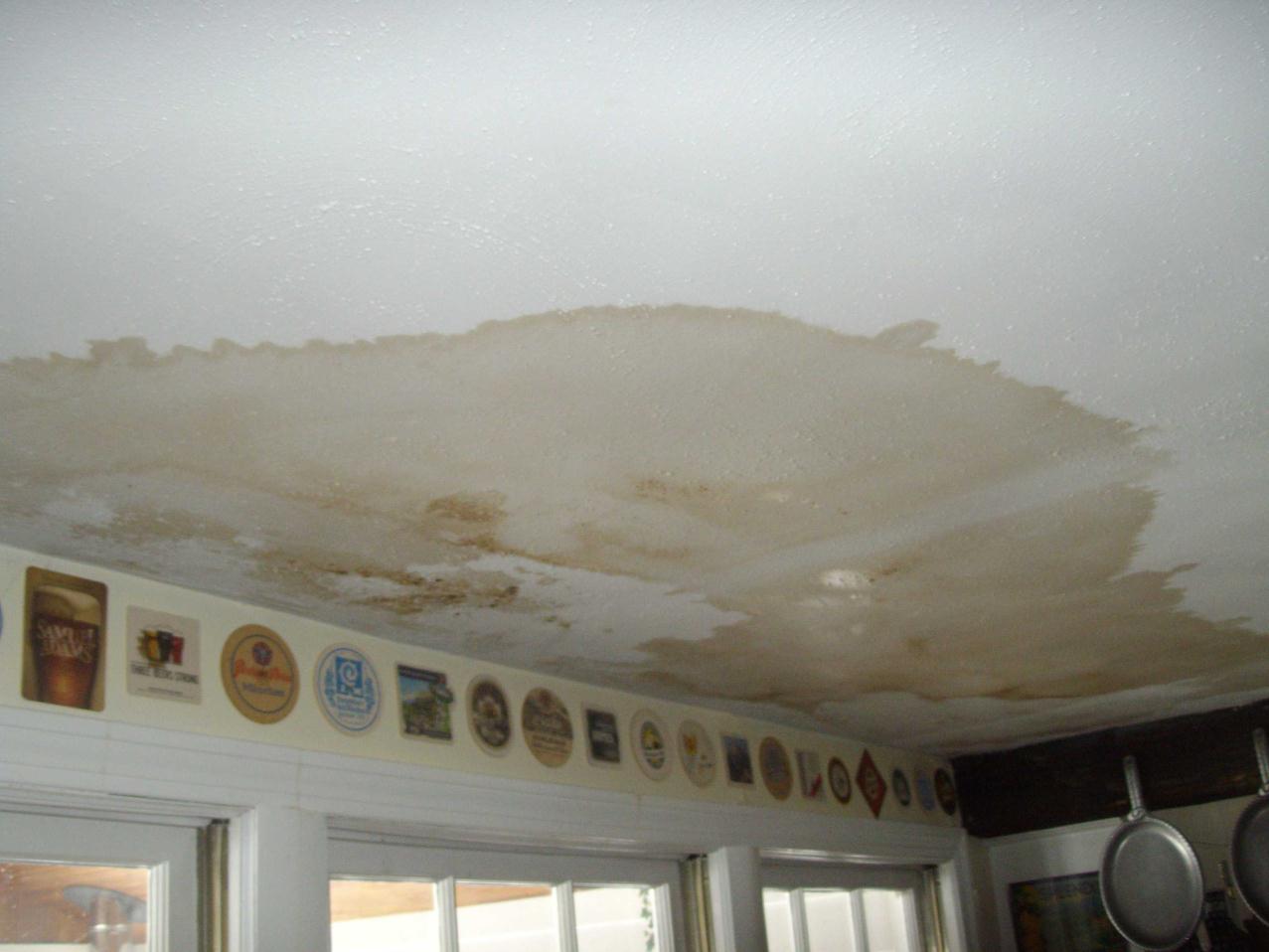Do's & Don'ts of Water Damages.
Do's & Don'ts of Water Damages.
Blog Article
We've unearthed the article on Preventing Fires and Water Damage In Your Home below on the net and figured it made sense to discuss it with you on this page.

Water offers life, water invasion on parts where it's not intended to be can result in damages. Homes with water damages smell moldy and also old.
Water can originate from numerous resources such as tropical cyclones, floods, burst pipelines, leaks, and also sewer concerns. In case you experience water damage, it would certainly be great to know some security precautions. Below are a few standards on exactly how to manage water damage.
Do Prioritize Residence Insurance Insurance Coverage
Water damage from flooding dues to hefty winds is seasonal. You can likewise experience an abrupt flood when a damaged pipe unexpectedly bursts into your residence. It would certainly be best to have home insurance coverage that covers both disasters such as natural catastrophes, and also emergencies like damaged plumbing.
Do Not Neglect to Turn Off Utilities
In case of a disaster, especially if you reside in a flood-prone location, it would be advisable to shut off the major electric circuit. This cuts off power to your whole home, stopping electric shocks when water comes in as it is a conductor. Don't fail to remember to turn off the major water line shutoff. Furnishings will certainly relocate about and also create damages when floodwaters are high. Having the major shutoff shut off prevents further damage.
Do Keep Proactive and also Heed Weather Alerts
Listen to evacuation cautions if you live near a creek, river, or lake. Doing so minimizes potential residential property damage.
Don't Disregard the Roof
You can prevent rain damages if there are no openings and also leakages in your roof. This will avoid water from streaming down your wall surfaces and also soaking your ceiling.
Do Focus On Little Leakages
A ruptured pipeline does not take place over night. Generally, there are red flags that indicate you have deteriorated pipelines in your house. You might see gurgling paint, peeling off wallpaper, water touches, water spots, or leaking noises behind the wall surfaces. Ultimately, this pipe will burst. Ideally, you need to not await points to rise. Have your plumbing fixed prior to it leads to enormous damage.
Don't Panic in Case of a Burst Pipe
When it comes to water damages, timing is key. Therefore, if a pipeline bursts in your house, immediately shut off your major water shutoff to cut off the resource. Call a reputable water damage reconstruction specialist for help.
Water offers life, water intrusion on parts where it's not meant to be can result in damages. Homes with water damage odor old and also musty.
Water damages from flooding dues to heavy winds is seasonal. You might observe bubbling paint, peeling wallpaper, water touches, water discolorations, or trickling sounds behind the wall surfaces. When it comes to water damages, timing is vital.
Water Damage Do and Don'ts
Water damage at your home or commercial property is a serious problem. You will need assistance from a professional plumber and a water damage restoration agency to get things back in order. While you are waiting for help to arrive, however, there are some things you should do to make the situation better. Likewise, there are things you absolutely shoud not do because they will only make things worse.
DO these things to improve your situation
Get some ventilation going. Open up your doors, your windows, your cabinets – everything. Don’t let anything remain closed. Your aim here is to expose as much surface area to air as possible in order to quicken the drying out process. Use fans if you have them, but only if they’re plugged into a part of the house that’s not currently underwater.
Remove as much standing water as you can. Do this by using mops, sponges and clean white towels. However, it’s important that you don’t push or wipe the water. Simply use blotting motions to soak it up. Wiping or pushing could result in the water getting pushed deeper into your home or carpeting and increasing your problem.
Turn off the power to the soaked areas. You will want to remove the danger of electrocution from the water-logged area to do some cleaning and to help the plumber and the restoration agents do their work.
Move any furniture and belongings from the affected room to a safe and dry area. Taking your possessions to a dry place will make it easier to decide which need restoring and repair. It will also prevent your belongings from being exposed to further moisture.
DON’T do any of these things for any reason
Don’t use your vacuum cleaner to suck up the water. This will not only get you electrocuted, but will also severely damage your vacuum cleaner. Use manual means of water removal, like with mops and pails.
Don’t use newspaper to soak up the water. The ink they use for newsprint runs and transfers very easily, which could then stain carpet and tile with hard-to-remove stains.
Don’t disturb mold. This is especially true if you spot a severe growth. Leave the mold remediation efforts to the professionals. Attempting to clean it yourself could mean exposing yourself to the harmful health effects of mold. Worse, you could inadvertently spread it to other areas of the house.
Don’t turn on your HVAC system until given approval from the restoration agency. Turning your HVAC system on before everything has been cleaned could spread moisture and mold all over the house.
https://www.dreyersdki.com/about-us/blog/water-damage-do-and-donts

As a serious person who reads about Fire And Water Damage Prevention, I was thinking sharing that post was a good idea. Are you aware of somebody else who is interested in the niche? Feel free to share it. I am grateful for your time. Please come visit our blog back soon.
Report this page